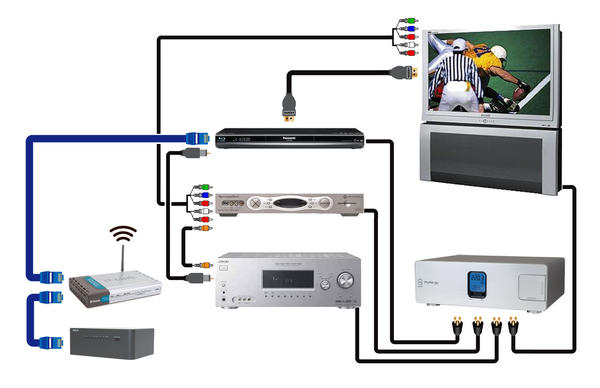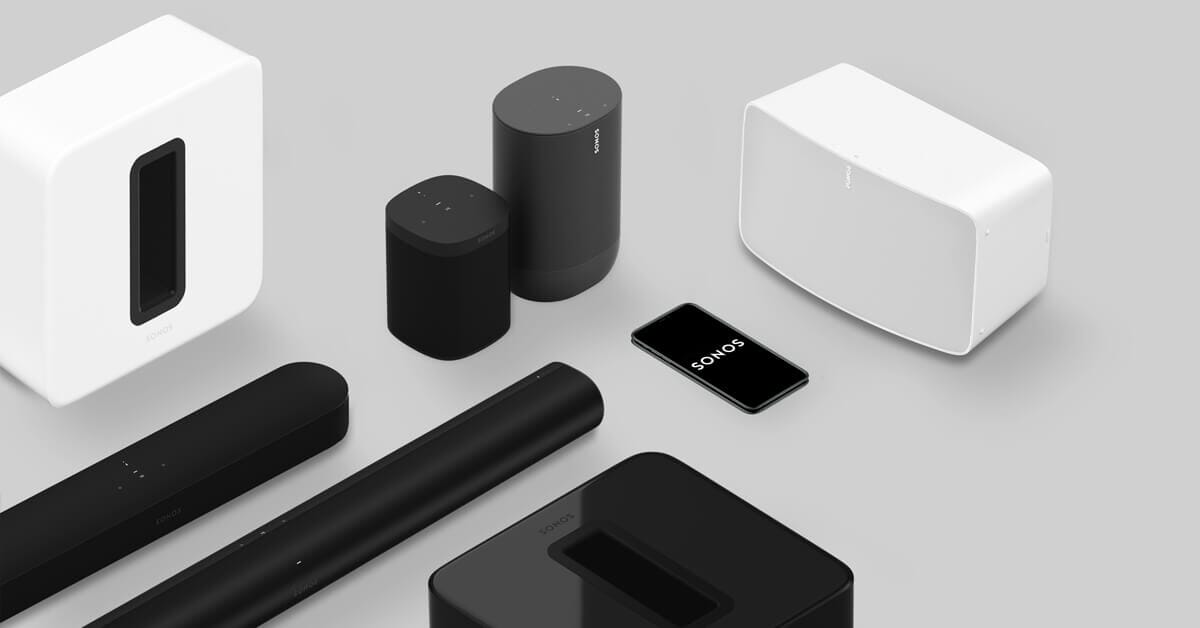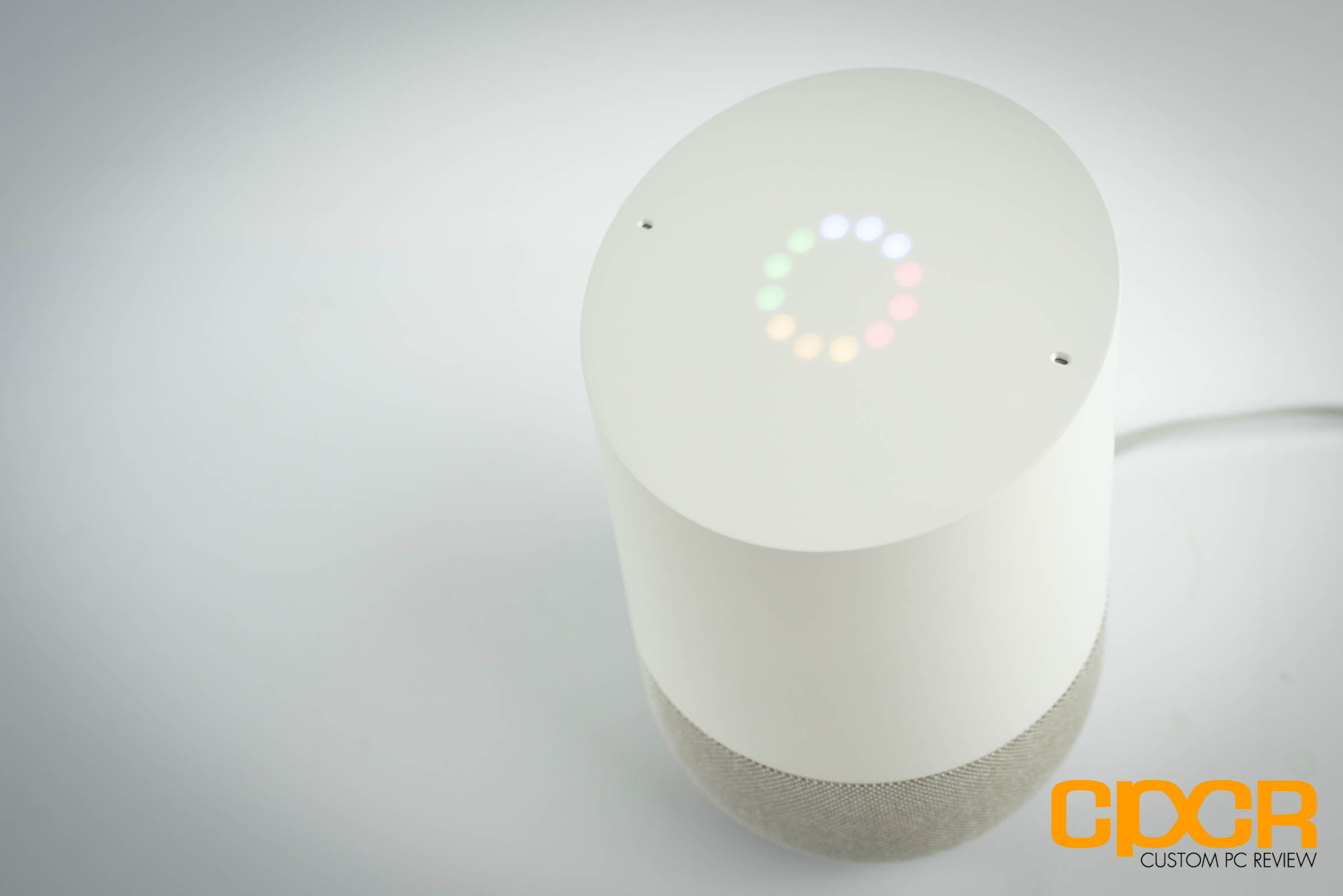Equity is the difference between what you owe on your mortgage and what your home is currently worth. If you owe $150,000 on your mortgage loan and your home is worth $200,000, you have $50,000 of equity in your home. Your credit score will impact the loan programs and interest rates you qualify for, as well as the down payment amount that may be required to secure your loan.

HELOC is better suited for those who only need a little money at a moment’s notice. With it, you’ll only pay interest when you use credit funds and can borrow a small amount at any time without resorting to new loans. As with a credit card, you only have to pay interest on the amount of credit you use. However, some lenders also set a mandatory minimum monthly payment. Most lenders will only agree to work with lenders whose score is above 650. However, it is crucial to understand that there are plenty of offers on the market, and some financial institutions are willing to give you a loan if they see proof of your creditworthiness.
How It Affects Your Credit Score
A home equity loan makes it possible to borrow money from the equity you have built up in your home. Once you take out the loan, you’ll be given the borrowed amount in a lump sum. You can use your equity to pay off your mortgage through a home equity line of credit , a home equity loan, or by refinancing. When you pay off your mortgage, the HELOC would be paid off at the same time.

Many are using recent federal programs and energy efficiency equity loans to help save on utility bills or install solar. For example, changing flooring or adding space for new rooms or home offices can increase interest from buyers. This can set you up well if you do plan to sell down the line. You can chat with local real estate professionals to learn what upgrades will grow the value of your home most effectively. However, if the borrower made interest-only payments the first year and then began adding enough principle to pay off the HELOC within nine years, total interest comes to $17,977.
HELOC
But some of the best balance transfer deals last more than a year-and-a-half. Many home equity loans require a full appraisal to determine the home’s current market value. However, some lenders only require an automated valuation method or drive-by appraisal. These are less expensive and less time-consuming appraisal methods. The main reason people use home equity loans for debt pay-off is because the collateral lowers the risk for lenders, which may make home equity loans easier to qualify for than unsecured loans.
It is possible to roll them into the loan in some cases, but this adds to the amount of money borrowed that will need to be repaid. With a HELOC, you have a draw period and a repayment period. After the draw ends , you repay the line of credit for another period of years. If you fail to make payments, the lender could take your home. One of the many ways people use their home equity is through upsizing or downsizing their home.
Can I Get a Home Equity Loan With Bad Credit?
This is a large lump-sum payment of the remaining balance due, which is usually more than double the loan’s average monthly payment. One way to manage medical expenses and medical debt is to access home equity. If you own your home and have established equity, you may be able to use that equity to pay off these expenses and debt. This can prevent providers from sending the debt to collections, adversely affecting your credit score.

When you consolidate unsecured debts using a home equity loan, you convert them into one debt secured by your home. Whereas previously, your home was vulnerable to foreclosure only if you couldn’t pay your mortgage; now it’s also at risk if you default on your home equity loan. Homeowners ages 62 and older can take out a mortgage on a paid-for home with a home equity conversion mortgage , the most common type of reverse mortgage. Instead of making mortgage payments and decreasing your loan balance, your lender makes payments to you on a reverse mortgage and your loan balance grows over time.
Other ways to borrow against your house
Additionally, closing costs may be lower with a refinance loan. There are many ways to use equity to pay off your mortgage, but two of the most common approaches are second mortgages and home equity lines of credit . Second mortgages have the same payment each month and give you a lump sum at the start of the loan, which you could use to pay off some or all of your mortgage. HELOCs are a revolving line of credit that you are free to withdraw from or repay as you see fit.
Like a HELOC, a home equity loan also provides money in exchange for providing your home as collateral. Instead of functioning like a credit card, a home equity loan works like a traditional personal loan. Throughout the United States, housing prices are on the rise, and this is a great time for many homeowners.
You would then use the profits from your home sale to pay back the loan. How much you can borrow depends on your age and how much equity you have in your home as well as current interest rates. While you pay off your second mortgage, you also need continue to pay off your first mortgage. With a home equity loan, refinance loan, or a HELOC, your home acts as the collateral. To learn how much equity you have, subtract the remaining amount owed on your mortgage from the current market value of your home.

When the repayment period starts, some people aren’t financially prepared to start paying off the amount they used. Repayment will include interest and principal, which will make the monthly payments higher than during the draw period. Unsecured debts such as credit card balances and student loans require no collateral to “secure” them.
Although some lenders allow a DTI of 43% or more, a DTI of 36% or lower is recommended for homeowners. There are a variety of ways to pay off or consolidate debt, but not all options are created equal. If you’re thinking about using a home equity loan to pay off debt, you’ll need to consider the risks, which include losing your home. If you pay off federal student loans with a home equity loan, you lose access to federal benefits and protections. These include income-driven repayment plans, deferment and forbearance. This means there are no tax benefits to taking out a home equity loan to pay off your student loans.














